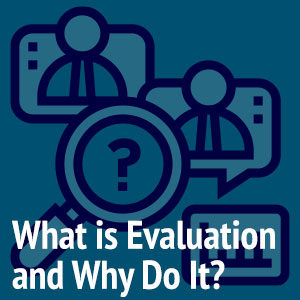 In an important article, “The Misguided Drive to Measure ‘Learning Outcomes’”, New York Times, Feb 23, 2018, Molly Worthen argues that the growth of, and seeming obsession with, the assessment of learning outcomes in higher education has profoundly shaped curricula and instruction, undercut the unique capacities of colleges and universities to foster genuine critical thinking, and proven to be both bureaucracy bloating and extremely expensive. Worthen shows that, driven largely by the interests of accrediting agencies and for-profit tech and consulting companies, higher education’s rush to demonstrate student learning and skill-acquisition disproportionately affects non-elite schools, and often compels these under-resourced institutions to devote scarce dollars to obtaining evidence of instructional impact, “…more and more university administrators want campus-wide, quantifiable data that reveal what skills students are learning. Their desire has fed a bureaucratic behemoth known as learning outcomes assessment.”
In an important article, “The Misguided Drive to Measure ‘Learning Outcomes’”, New York Times, Feb 23, 2018, Molly Worthen argues that the growth of, and seeming obsession with, the assessment of learning outcomes in higher education has profoundly shaped curricula and instruction, undercut the unique capacities of colleges and universities to foster genuine critical thinking, and proven to be both bureaucracy bloating and extremely expensive. Worthen shows that, driven largely by the interests of accrediting agencies and for-profit tech and consulting companies, higher education’s rush to demonstrate student learning and skill-acquisition disproportionately affects non-elite schools, and often compels these under-resourced institutions to devote scarce dollars to obtaining evidence of instructional impact, “…more and more university administrators want campus-wide, quantifiable data that reveal what skills students are learning. Their desire has fed a bureaucratic behemoth known as learning outcomes assessment.”
In order to show that students graduate with job-ready skills and attitudes, Worthen argues that higher education institutions’ focus on assessment obscures the “real crisis” in higher education: “the system’s deepening divide into a narrow tier of elite institutions primarily serving the rich and a vast landscape of glorified trade schools for everyone else.” She notes the cruel irony in the mania for assessment is that there is little evidence beyond occasional anecdotes, that regimes of assessment actually improve student learning. Moreover, more selective (i.e., elite) institutions, themselves, don’t utilize assessment of learning outcomes at the same rate as less prestigious institutions. “Research indicates that the more selective a university, the less likely it is to embrace assessment.”
Perhaps the greatest irony, Worthen writes, is that assessment regimes subvert the unique purposes and capacities of higher education. “The value of universities to a capitalist society depends on their ability to resist capitalism, to carve out space for intellectual endeavors that don’t have obvious metrics or market value.” She further observes, “Producing thoughtful, talented graduates is not a matter of focusing on market-ready skills. It’s about giving students an opportunity that most of them will never have again in their lives: the chance for serious exploration of complicated intellectual problems, the gift of time in an institution where curiosity and discovery are the source of meaning.”
Resources:
“The Misguided Drive to Measure ‘Learning Outcomes’”, Molly Worthen, New York Times, 23 February 2018



